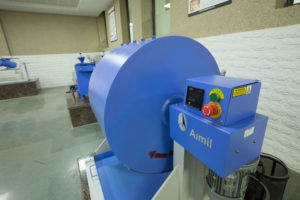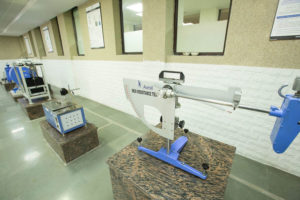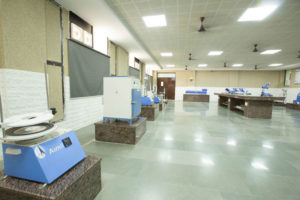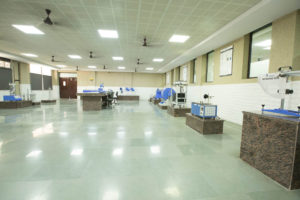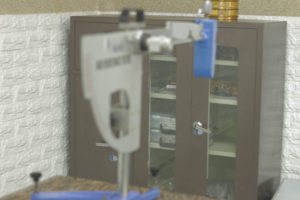Transportation serves society’s basic needs for personal travel and transfer of goods. Transportation engineering applies scientific principle and technical knowledge to provide economical and efficient transportation service that fulfil societal needs while maintaining compatibility with environmental, energy, and road safety goals. It is the transportation engineer’s responsibility to plan, design, build, operate and maintain these systems of transport, in such a way as to provide for the safe, efficient and convenient movement of people and goods.
Transportation engineering, as practiced by civil engineers, primarily involves planning, design, construction, maintenance, and operation of transportation facilities. The facilities support air, highway, railroad, pipeline, water, and even space transportation. The design aspects of transportation engineering include the sizing of transportation facilities, determining the materials and thickness used in pavement designing the geometry of the roadway or track. Automobile infrastructures can be split into the traditional area of highway design and planning, and the rapidly growing area of traffic control systems. The transportation engineer faces the challenge of developing both network links and major terminals to satisfy transportation demands, with due regard for the resultant land-use, environmental and other impacts of these facilities.
The Transportation Engineering lab has equipment required to conduct all standardized tests to assess quality of highway materials, pavement evaluation and traffic engineering studies. Experiments are conducted in pre-, during- and post-construction phases of highways. The Transportation Engineering lab does quality assurance and quality control tests for the Roads, Traffic engineering surveys are also conducted in the lab and students learn to conduct spot speed studies, volume counts, and conflict studies for preparing road improvement plans to enhance road safety.
The objective of Transportation Engineering laboratory is to determine some of the properties of coarse aggregates and bitumen. Experiments include tests for impact, abrasion, attrition test and crushing strength for coarse aggregate and tests for penetration, ductility, viscosity, softening point and flash and fire point for bitumen. The students will be able to infer the suitability of these materials for construction of road. This laboratory course will help the students to understand the theoretical concepts learned in the course transportation engineering.
The program provides the student with skills in planning, construction, design, operation, and maintenance of transportation systems as well as facilities. The course offerings provide broad awareness of transportation concepts and an understanding of scientific principle, technical knowledge and management skill to address transportation problems.
Course objectives:
- To understand the importance of aggregates used in highway construction.
- To know about the different properties of material used in construction of roads.
- To study about the geometric features of highways.
- To study about traffic characteristics and design of intersections.
- To know about the pavement materials and design.
Outcomes of the Course: On completion of the course, the students will be able to:
- Carry out surveys involved in planning and highway alignment.
- Design cross section elements, sight distance, horizontal and vertical alignment
- Determine the characteristics of pavement materials.
- Design flexible and rigid pavements as per IRC.


